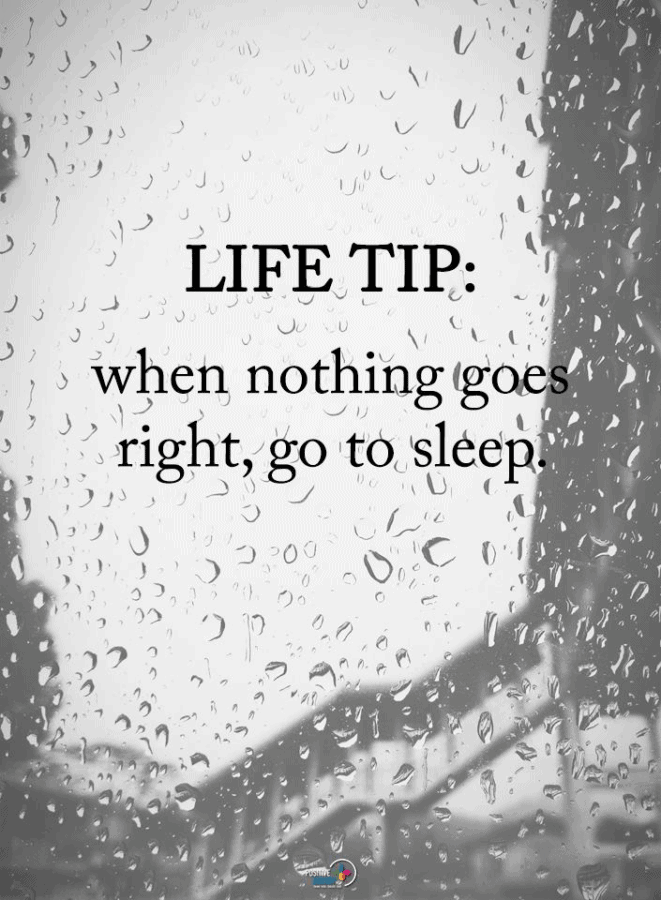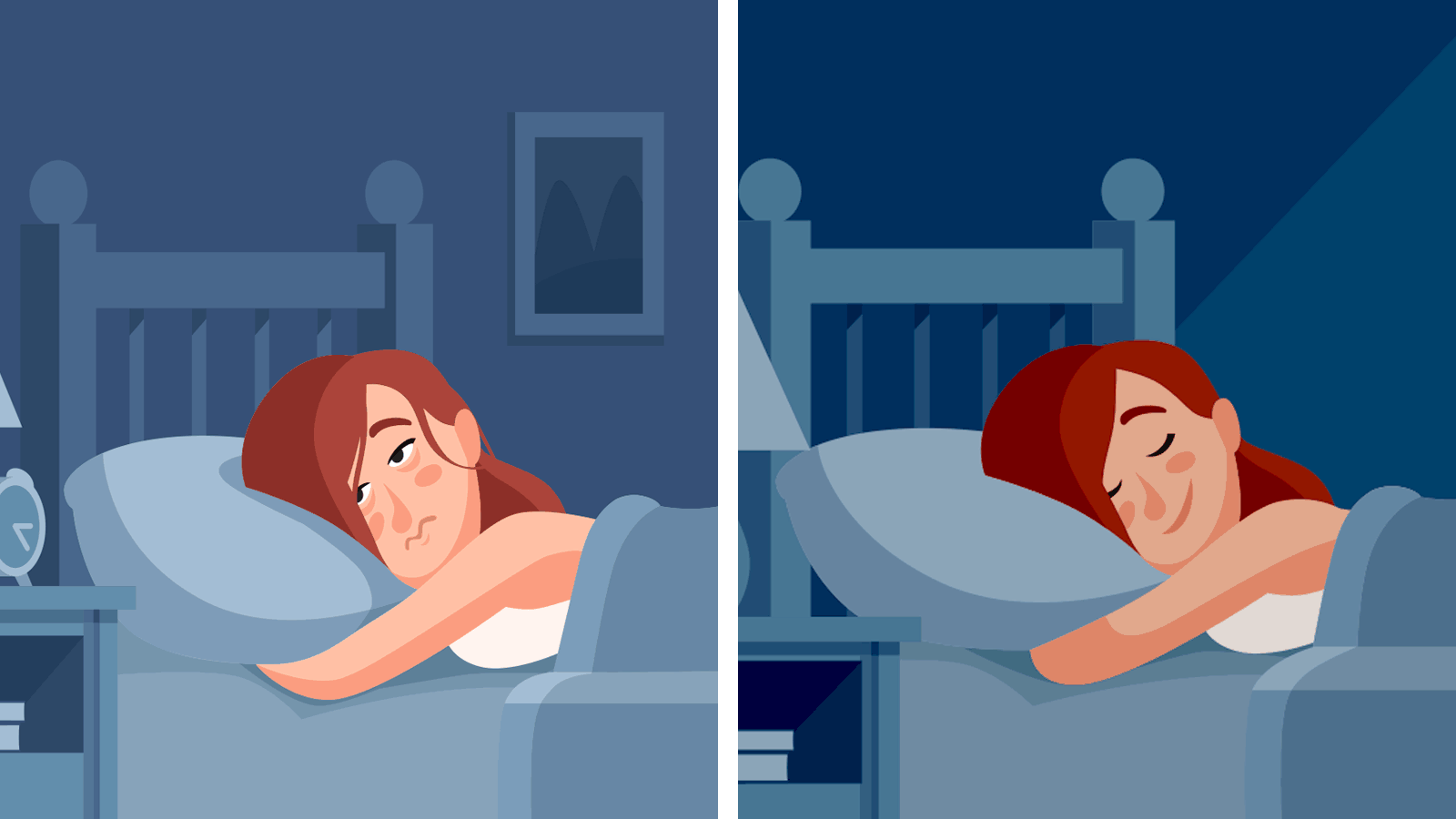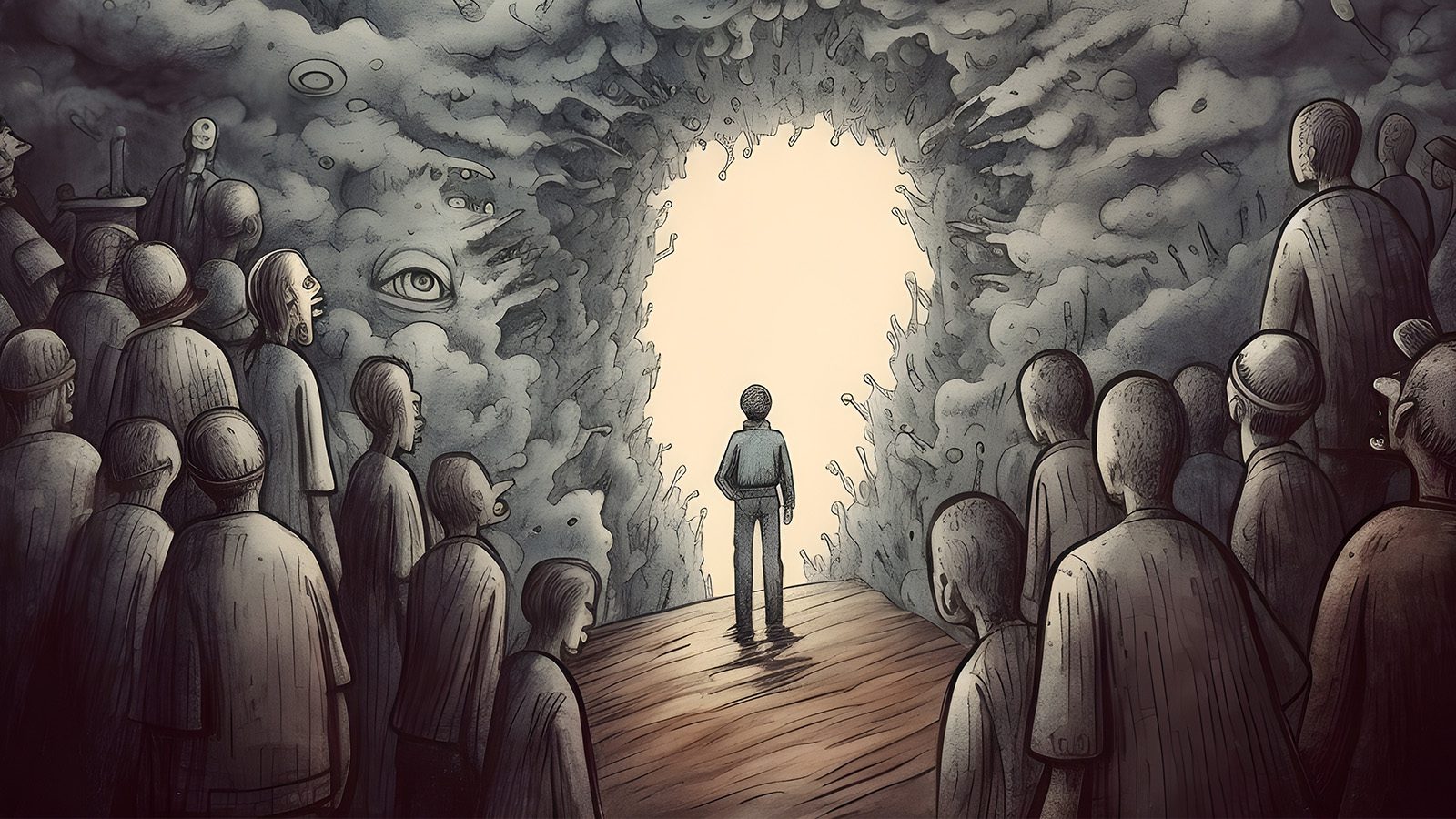Sleep is important to your physical and mental health. Each time you don’t get enough sleep, you feel tired and low in energy. You also experience a hard time concentrating on your tasks, remembering important details, or making good choices in your day-to-day activities.
But how many hours of sleep should you get every night? Most people think that eight is the magic number that equates to better productivity the next day. But researchers from a study in the Archives of General Psychiatry learned that people who get seven hours of sleep significantly lower their health and mortality risks more so than those who get eight hours of sleep or more.
Sleep researcher Daniel Kripke also stated in an interview with Time that the most ideal number of sleep hours is from 6.5 to 7.5 a night. He also emphasized that people who exceed these hours, such as those who oversleep to nine or 10 hours, may feel even worse and more unproductive than those who only get four or five hours every night.
These studies also show that the ideal number of hours might be less important than gaining sleep quality. So, even if you regularly get less than eight hours of sleep, you may still have a productive and positive day if your rest is generally comfortable, deep, and uninterrupted.
Here’s How Many Hours Of Sleep You Need To Be Productive
“Sleep is the golden chain that binds health and our bodies together.” – Thomas Dekker
1. The 8-hours-a-night requirement is a myth
In reality, the amount of sleep you need really depends on what your body requires. If you follow a lifestyle that consists of a healthy diet and regular exercise, and if you don’t have vices like smoking or drinking, then your body and mind might still be productive even if you have fewer than the ideal hours resting.
Understand that the amount of sleep you get at night might be different than the amount you need to function well. If you can perform your tasks and work well even with just six hours of shuteye, it doesn’t mean that you will operate a lot better if you get two hours more in bed.
Sleep expert Dr. Neil Stanley told The Independent that getting eight hours of sleep is not the norm. Additionally, not every person needs that many hours of rest. Instead, you have to listen to your body for the cues. If you’re tired and falling asleep while at work, that says a lot about the quality of your rest from the previous night.
2. Watch out for these signs to tell if you’re really sleep deprived
Your body gives off a lot of signs when you are sleep deprived.
- Apart from feeling tired in the middle of the day, you may already be suffering from sleep problems if you find it extra hard to get out of bed in the morning, need multiple cups of coffee to get through the day, or feel drowsy after a heavy lunch.
- If you easily fall asleep when you’re watching TV at night, or if you have the need to snooze late into the morning during the weekends, you could also be sleep deprived.
- If you have been skimping on the quality of your sleep far too long then you might not even realize that you already have a sleep problem.
- It’s easy to disregard the signs if you think that the meeting you had was just boring or bland, so you got sleepy.
3. Your sleep hours do change
Kripke also said that the number of hours your body needs to rest can change depending on the state of your body.
- If you are sick, you might need more than eight hours of rest so that your body’s immunity can be boosted to fight any bacterial or viral infection.
- If you’ve had a long or physically active day, it’s also normal for your body to demand more sleep hours at night so you could wake up refreshed and ready to be productive the next day.
However, a change in your body’s required hours sleeping is different from inconsistent or irregular sleep. The latter do impact your cognitive abilities and productivity, as per a study in the Scientific Reports.
Researchers observed the sleep patterns in a group of students from Harvard for a month. All the students in the study had similar total hours of sleep but the findings showed that those who maintained a regular sleeping schedule had better academic performance than those who slept at different times of the day or night.
This other group’s irregular sleeping patterns affected how their internal body clock functioned, which in turn affected their productivity.
4. You can actually reset your body clock to maintain a better sleep schedule
Did you know that your body can easily adjust to a new sleep schedule? You can reset your body clock if you are experiencing a disruptive sleeping pattern that’s also affecting your chance to gain hours of sleep for productivity.
The human body follows a 24-hour cycle, known as the circadian rhythm, which takes cues from the light. This rhythm determines the time you sleep and wake up. However, there might be unavoidable circumstances when this rhythm becomes disrupted, such as when you travel to a different time zone or have a job with changing schedules.
It’s normal to feel groggy and out of the loop if your rhythm is thrown off but you can get it back on track within a few days by adopting a new sleeping pattern. According to researchers from Canada, whose work appears in the journal Nature Neuroscience, the human body also has a molecular switch that may synchronize and put order back to your body clock.
So, if you are used to working during the graveyard shift but you’re now assigned to a daytime schedule, expect to experience struggles with sleeping and low productivity. However, this setback is only temporary as your body learns to adjust.
- One way to put your circadian rhythms back in order is to manipulate your exposure to light.
- When you wake up in the morning, open your windows wide to let the light in.
- When you settle down for the night, dim the lights, lower the shades, and remove devices in your bedroom.
- The lights from the screen of your tablets and mobile phones also impact your circadian rhythms.
5. Try to follow a sleep routine to create positive habits for productivity
When you stick to a nightly routine, you develop good habits that can impact your sleep quality. This will, in turn, affect your productivity.
For instance, you might find it beneficial to have a 20-minute walk around your neighborhood two hours before your bedtime. Walking can help clear your head so you won’t toss and turn at night. Walking will also pump up your heart, priming you to go to bed as soon as you switch off the lights.
Other routines might include reading a good book or taking a relaxing bath before you go to bed. In the morning, you can also train your body to follow a consistent time for waking up. But if you’re always hitting the snooze button and oversleeping, you should look for a different nighttime routine.
6. You can take naps every day to re-energize your brain to be more productive
The experts also recommend napping as a coping mechanism if a lack of sleep is affecting your productivity. By allowing yourself 20 minutes of nap time, you can re-energize brain.
It might help if you know when your body crashes and your productivity dives. Many people feel their energy levels dropping around 1 to 3 p.m. If this is the same for you, try to take short naps during this space of time every day. However, it is also important that you don’t nap for more than 30 minutes. Why? This will have an impact on your ability to get a good night’s rest later on.
NASA pilots who take measured and controlled 26-minute naps log a 34-percent improvement in their performance. The National Transportation Safety Board (NTSB) also recommends that air traffic controllers take 26-minute nap breaks. This increases these workers’ alertness by 54 percent.
7. Sleep-ins won’t help productivity, as you cannot make up lost sleep
Some people go to bed too late one night and then “recover” the next day by making up the hours of sleep they’ve lost. However, there is a such a thing as a sleep debt as per Harvard Health, which accumulates when you keep failing to follow your bedtime routine and schedule.
Making up lost sleep won’t bring the same positive effects to your productivity compared to getting regular, quality rest.
- If you’re not generally sleeping well every day, your mind misses out on the benefits of the Rapid Eye Movement (REM) state.
- This is a phase your brain goes through every time you fall into a deep rest.
- REM consolidates your memories and restores your brain cells. REM stimulates the parts of your brain connected to learning, processing information, and storing knowledge.
- It helps retain your sharpness and cognitive ability.
So, while sleeping in may bring positive effects, it’s not a healthy habit to adopt in your lifestyle. It’s still best to follow a consistent routine and solid schedule for going to bed and waking up. Choose this over setting aside days to pay off your sleep debt.
Final Thoughts On How Many Hours Of Sleep You Need To Be Productive
Poor sleep quality costs the U.S. economy $411 billion a year because of unproductive workers, as per The Lancet Journal. The study showed that companies and businesses lose when employees show up late, skip work, or fall ill because of sleep deprivation. Even if they do show up for work, they are either unable to focus or do their job well.
The positive thing about sleep and productivity, however, is that these problems can be corrected and improved. When a good night’s rest is matched with healthy lifestyle habits, you’ll experience better memory and decision-making skills. You’ll also enjoy a smooth creative flow, fewer mistakes at work, and less risks of burnout from your job.
















